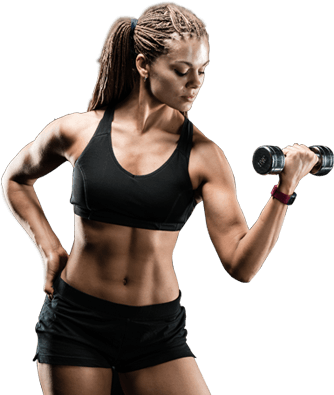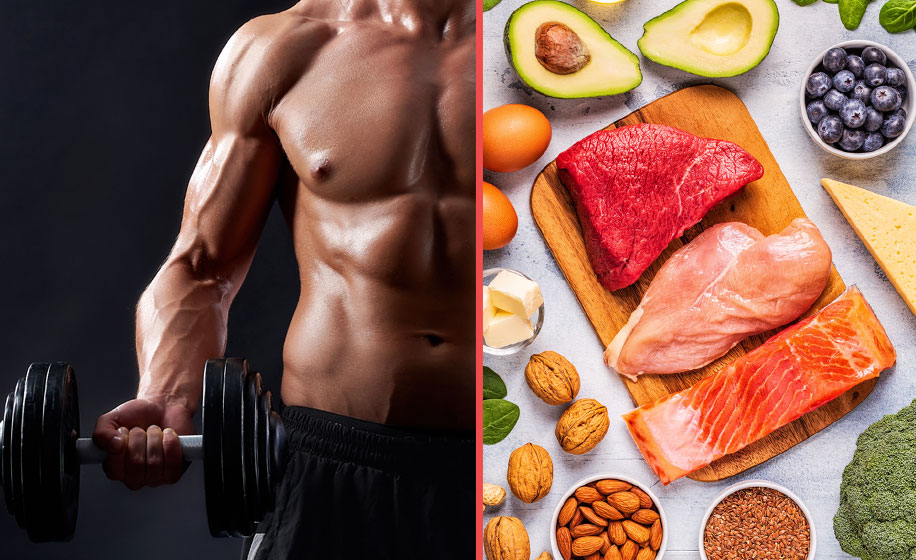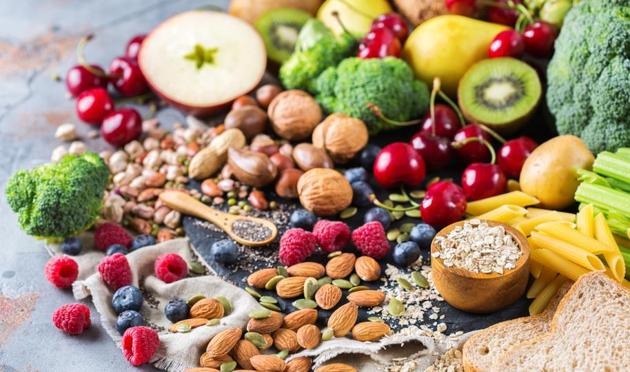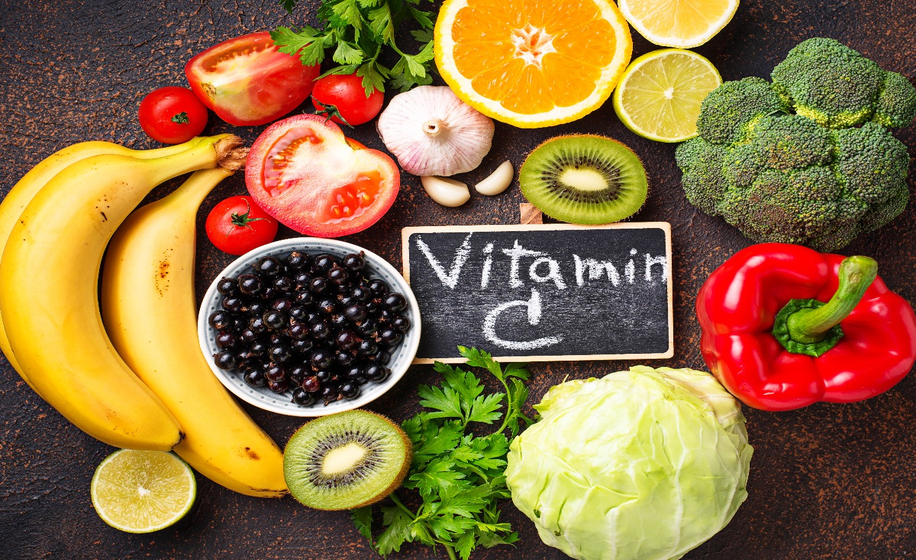Our Blog

Diet for bodybuilders

Bodybuilding becomes easier if one rigorously follows a certain diet regimen. It is imperative to understand that a bodybuilder’s diet must contain both macronutrients and micronutrients in adequate proportions. Usually, bodybuilding leads to changes in weight and such changes can only be induced if certain foods are consumed and certain foods are avoided altogether. Most bodybuilders choose a diet plan such that they do not face any confusion about food and calories. Here we are going to discuss the ideal diets for bodybuilders.
Foods that should be consumed
Lean Meat
Bodybuilding is not possible without consuming an adequate quantity of proteins. Therefore, one should eat lean meat to gain muscles and reduce fat, simultaneously. Lean meats may include chicken, beef, turkey, pork, etc. Some fish are also rich in proteins which include cod, salmon, and tuna. However, one must be careful in consuming the required amount as an excessive amount of protein consumption can lead to kidney and liver impairments and failures. The amount can be determined by checking the different health parameters of the body.
Dairy products
Except for butter, most dairy products like Greek Yogurt, cheese (especially cottage cheese), and milk are essential for bodybuilding. It not only helps in increasing the intake of proteins, but most dairy products are rich in calcium which is good for bones.
Whole grains
Complex carbohydrates help in better bodybuilding. Therefore, it is recommended that a bodybuilder must include an adequate number of whole grains such as flour, millet, granola, quinoa, and even whole-grain pieces of bread. It is equally important for bodybuilders to avoid or minimize the consumption of simple carbohydrates such as Maida, white bread, confectionery items, etc. However, if one is diabetic then it is necessary to follow the dos and don’ts religiously.
Fruit and vegetables
Fruits and vegetables should be consumed adequately, such that there is no shortage of vitamins and minerals in the body. The most recommended fruits include bananas, peaches, watermelons, grapes, oranges, berries, and apples. Out of vegetables, starchy vegetables are best suited for bodybuilding. The most common starchy vegetables include cassava, potatoes, green lima beans, peas, and corn. Leafy vegetables such as cucumber, spinach, broccoli, zucchini, mushrooms, tomatoes, green beans, etc.
Legumes and nuts
Nuts and legumes are essential for bodybuilding because they are rich in healthy fats, micro-nutrients, and proteins. Adequate consumption of nuts can lead to stronger muscles and improve overall health.
Foods that should be avoided
Fried foods
During bodybuilding, it is necessary to avoid fried foods. The reason is that it leads to inflammation and lead digestive issues. Moreover, fried foods are often rich in unhealthy fats which thwart the process of bodybuilding. The common fried foods that must be avoided include fried fish, chicken strips, fried onions, fried meat, etc.
Alcohol
Research suggests that alcohol can inhibit muscular growth and plays a negative role by neutralizing vitamins in the body. Therefore, it should be avoided or should be consumed occasionally in small quantities. Regular consumption of alcohol may lead to weight gain and impair vital organs like the liver.
Processed foods
Processed foods should be avoided because most are high in carbohydrates and have low nutritional value. Additionally, processed foods spoil bodybuilding plans and are also harmful to overall health. Some preservatives found in processed foods are carcinogenic and should be avoided completely. The common processed foods include sugar candy, white bread, pasta, soda, fizzy cold drinks, and even processed meat. Many packaged sugary foods have no fiber and should be avoided. Bagels, pretzels, cakes, etc. should not be consumed.
Sample diet plan for bodybuilders
It is worth noting that diet plans for bodybuilders will vary depending upon their physical parameters. However, certain diets are common for most bodybuilders. The following menu can be altered as per the requirements of an individual.
Day 1
The daily calorie target should be around 2000 to 2500 calories.
One should have breakfast rich in citric fruit juices or milk. The main meal may include a bowl of oats and spinach. After breakfast, a gap of 2 hours is necessary for the morning snack. Morning snacks may include walnuts along with high protein shake and berries. Lunch may include bananas, a peanut butter sandwich, and whole milk. A protein bar can also be consumed during the afternoon. An evening snack may include consuming mousse along with protein powder and berries. Salmon, tuna, cod, or lean meat can be consumed during dinner. Lean meat should either be grilled or roasted. Brown rice should also be consumed for the main course.
Day 2
Whole milk and omelet can be consumed together. If possible, then two slices of lean chicken meat or turkey meat can be consumed. During morning snack, antioxidants (preferably berries) along with protein is advisable. Lunch should be light as it may include chopped salad. Afternoon snacks may include peanut butter, yogurt (preferably Greek yogurt), and honey.
Day 3
During breakfast blender pancakes along with Greek Yogurt should be consumed. This can be supplemented with cow’s milk (preferably skimmed) and almonds. For morning snack, protein powders can be used along with mangoes and bananas. During lunch, lentil soup, cow’s milk, and toasted sourdough can be eaten. Afternoon food should be light as far as possible. Peanut butter and milk can be consumed. An evening snack may include Greek yogurt and coconut granola. Loin meat (preferably pork or beef) can be consumed with broccoli during dinner.
Pros and cons of diet plan
Pros
Nutrition is balanced and it helps in bodybuilding.
Diet plans are effective if most physical parameters of the body are alright.
It helps in enforcing discipline and avoids overconsumption or underconsumption. If one follows the diet plan, then the success rate is significantly higher.
Cons
Diet plans can be complicated and lack standardization. It is not easy to keep track of everything that one eats in a busy schedule.
Certain food items are not available everywhere or may be very expensive.
In rare cases, it can be counterproductive and lead to unhealthy behavior.







